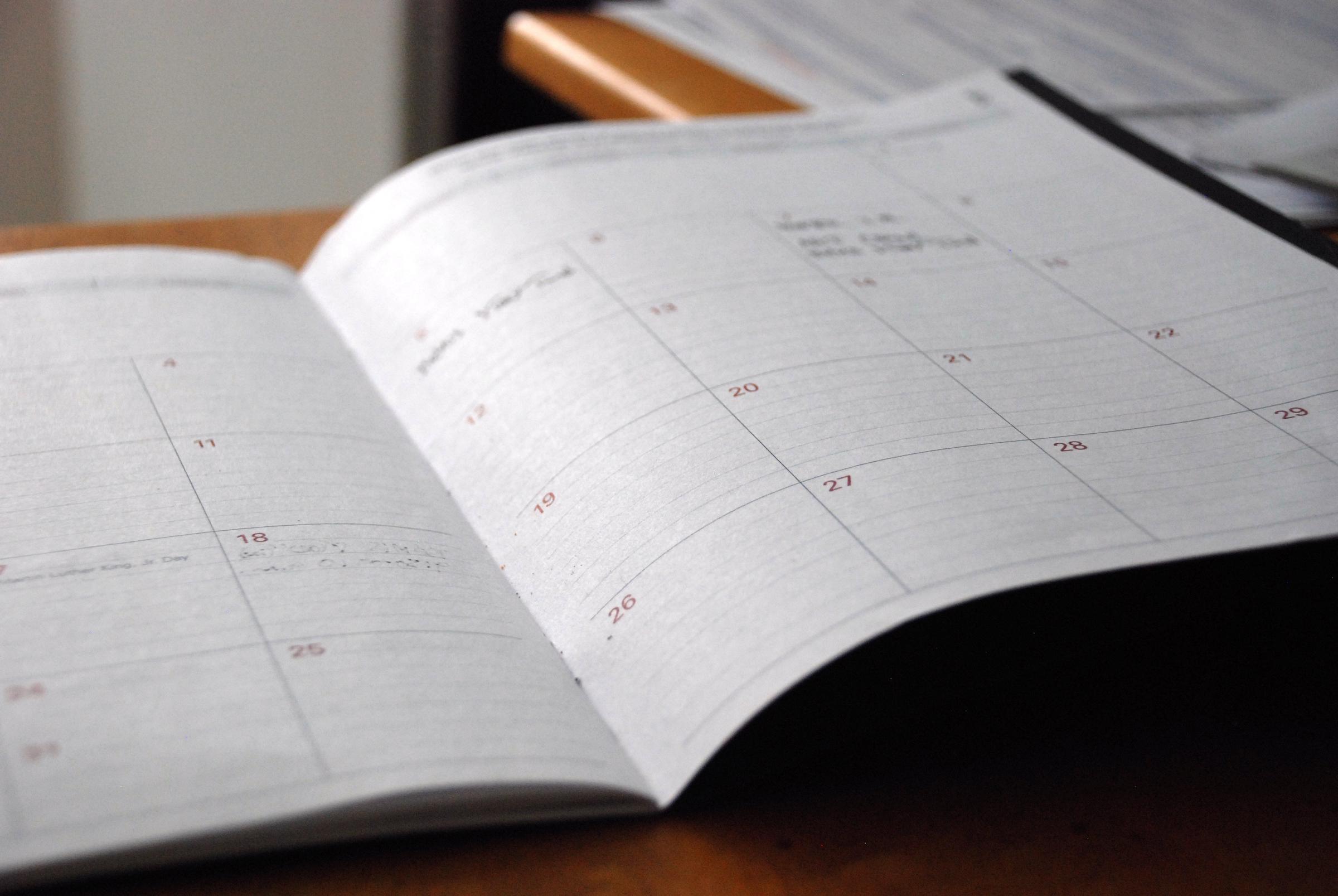From the Counselling Suite

Good Study Habits for Students
As we approach the end of term many students will find that they have an increased workload with assessments due for submission and tests to study for. Many students will from time to time struggle to keep on top of their academic commitments and may require support to help them prioritise their time to help them remain focused, motivated and productive. Below are several good study habits for students to help them develop a daily routine and feel in control of their school work.
- Create and write down realistic goals
- Do a self-assessment of your current study habits and your current grades. Is there room for improvement? Set yourself clear goals using the SMART method: Ensure your goals are Specific, Measurable, Achievable, Relevant and Time-bound. Being clear about your goals and reviewing your progress often will help maintain focus and determine your direction. Having your goals written down and on display will help you maintain your focus on them
- Best time of day to study
- Consider when you work best, are you more focussed in the morning, at night or at another time? Plan to do your homework or study during your most productive time of the day.
- Plan
- Use a calendar, reminders, diary or wall planner, whatever works for you to map out all due tasks, and upcoming tests. This will ensure that you are able to priorities tasks that need to be completed. Refer to this daily so that you can create a daily to do list and check the items off as you compete them to gain a sense of achievement
- Organise your study space
- Make sure you arrange your study space, books, technology and time in a way that works for you. Reduce distractions, noise and clutter which can all hinder your ability to concentrate. Once you have become organised make sure you stay that way
- Learning is a marathon not a sprint
- The best way to study and retain information is to progressively review and practice the content. Cramming for an exam may or may not get you a pass but you may not retain the information long term
- Manage your distractions
- Wasting time online often leaves you feeling bad afterwards and can contribute to anxiety. Try to set limits on your time online, your friends and posts will be there during your break times
- Schedule breaks
- Taking planned and timed breaks will help you remain on task. No one can study for six hours straight. Breaking up your time in 20-minute blocks will help you get the most effective use of your brain. During your breaks get up, walk around, preferably outdoors, get a drink and get back to work refreshed.
- Do the worst first
- Each day break off a bit of your hardest task. First thing is often the best time to do this. It limits the effect of the task on your mind if you do it early, and you will feel a sense of accomplishment because it’s done
- Join a study group
- Study groups can help you remember class material better. You can ask each other questions to clarify the material, discuss topics and test each other on your learning
- Drink water
- Ensure that your have water nearby. Staying hydrated will help you concentrate and is essential to your well being
- Practice self-care
- Prioritise self-care, this includes ensuring that you are getting enough sleep, exercise and eat well. Your body needs to be rested and healthy to take in information. Study when you are exhausted is ineffective, when you are rested you are able to understand and retain information better and also manage stress more effectively
If you are having trouble keeping on top of your school work or developing a study routine, please come and see Dr Lucinda Clifford or me in the counselling suites. Referral forms are on SEQTA.
Dianne Bucciarelli
STUDENT COUNSELLOR
